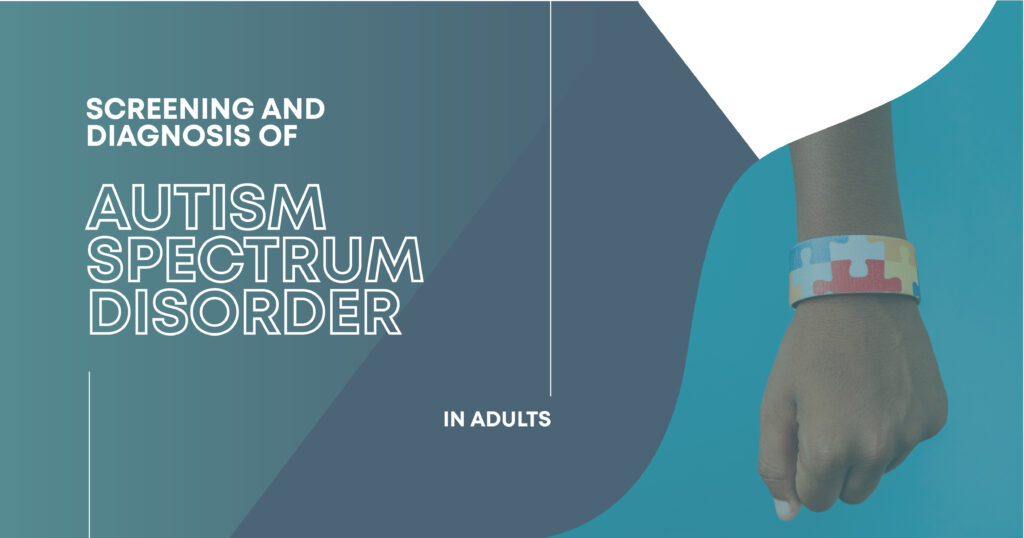Autism Spectrum Disorder (ASD) manifests differently in adults than in children, often presenting unique challenges in diagnosis and screening. Understanding the nuances of ASD in adults is crucial for accurate identification and effective management. This guide explores the screening and diagnostic processes for ASD in adults, drawing insights from top competitors and leveraging SEO strategies for comprehensive coverage.
Introduction to Autism Spectrum Disorder in Adults
Autism Spectrum Disorder encompasses a range of neurodevelopmental conditions characterized by social communication challenges, repetitive behaviors, and sometimes, intellectual disabilities. While ASD is commonly associated with childhood, many individuals remain undiagnosed until adulthood due to milder symptoms or evolving diagnostic criteria.
Mental Health Center of San Diego
Signs and Symptoms of ASD in Adults
Identifying ASD in adults involves recognizing subtle behavioral patterns and understanding how these manifest across different life stages. Common signs include:
- Social Interaction Difficulties: Difficulty in understanding social cues, maintaining conversations, or forming relationships.
- Repetitive Behaviors: Engaging in repetitive movements, routines, or interests.
- Communication Challenges: Issues with verbal and nonverbal communication, such as tone of voice or gestures.
- Sensory Sensitivities: Hypersensitivity or hyposensitivity to sensory stimuli, such as light, sound, or touch.
Adults with ASD may also exhibit specific strengths, such as attention to detail, analytical thinking, and deep focus in areas of interest.
Screening Tools for ASD in Adults
Effective screening relies on validated tools that assess behavioral traits associated with ASD. The most commonly used instruments include:
- Autism Spectrum Quotient (AQ): A self-administered questionnaire assessing autistic traits across social skills, attention switching, attention to detail, communication, and imagination.
- RAADS-R (Ritvo Autism Asperger Diagnostic Scale-Revised): A 80-item questionnaire evaluating sensory and social-related behaviors associated with ASD.
- ADOS-2 (Autism Diagnostic Observation Schedule): A semi-structured assessment involving direct observation and interaction to evaluate social communication, play, and imaginative use of materials.
These tools provide valuable insights into an individual’s behavioral profile, aiding clinicians in making informed diagnostic decisions.
Diagnostic Process for ASD in Adults
Diagnosing ASD in adults involves a multidisciplinary approach, typically including:
- Comprehensive Clinical Interview: Gathering developmental history, behavioral observations, and current concerns.
- Behavioral and Observational Assessments: Utilizing structured tools like ADOS-2 to observe social interactions and communication skills.
- Medical Evaluation: Rule out other medical conditions or genetic syndromes that may mimic ASD symptoms.
- Psychological Assessment: Assessing cognitive abilities and adaptive functioning.
- Collateral Information: Obtaining information from family members or close associates to provide a broader perspective on the individual’s behavior.
Mental Health Center of San Diego
Challenges in Diagnosing ASD in Adults
Several challenges complicate the diagnosis of ASD in adults:
- Masking and Camouflaging: Many adults with ASD develop coping mechanisms that mask their symptoms, making it harder to recognize underlying difficulties.
- Co-occurring Conditions: ASD often coexists with other mental health conditions, such as anxiety, depression, or ADHD, leading to overlapping symptoms.
- Late Recognition: Adults may have adapted to their symptoms, making it challenging to distinguish long-standing traits from potential ASD.
Importance of Early Detection and Intervention
Early detection of ASD in adults facilitates access to appropriate interventions and support services. These may include:
- Behavioral Therapies: Targeting social skills, communication strategies, and adaptive behaviors.
- Educational Support: Providing accommodations in academic or workplace settings to enhance productivity and social integration.
- Medication: Addressing co-occurring conditions like anxiety or depression that can exacerbate ASD symptoms.
Living with ASD as an Adult
Navigating life with ASD as an adult involves understanding personal strengths and challenges. Support networks, therapy, and advocacy can empower individuals to lead fulfilling lives while managing their unique needs.
Mental Health Center of San Diego
Conclusion
Screening and diagnosing Autism Spectrum Disorder in adults requires a nuanced understanding of developmental trajectories and behavioral presentations. By utilizing validated screening tools, conducting thorough assessments, and considering individual strengths and challenges, clinicians can provide timely support and interventions. Early detection and comprehensive management strategies are essential for improving quality of life and fostering greater inclusivity for adults living with ASD.
In conclusion, raising awareness about ASD in adults and enhancing diagnostic practices contribute to better outcomes and increased understanding within the community.









